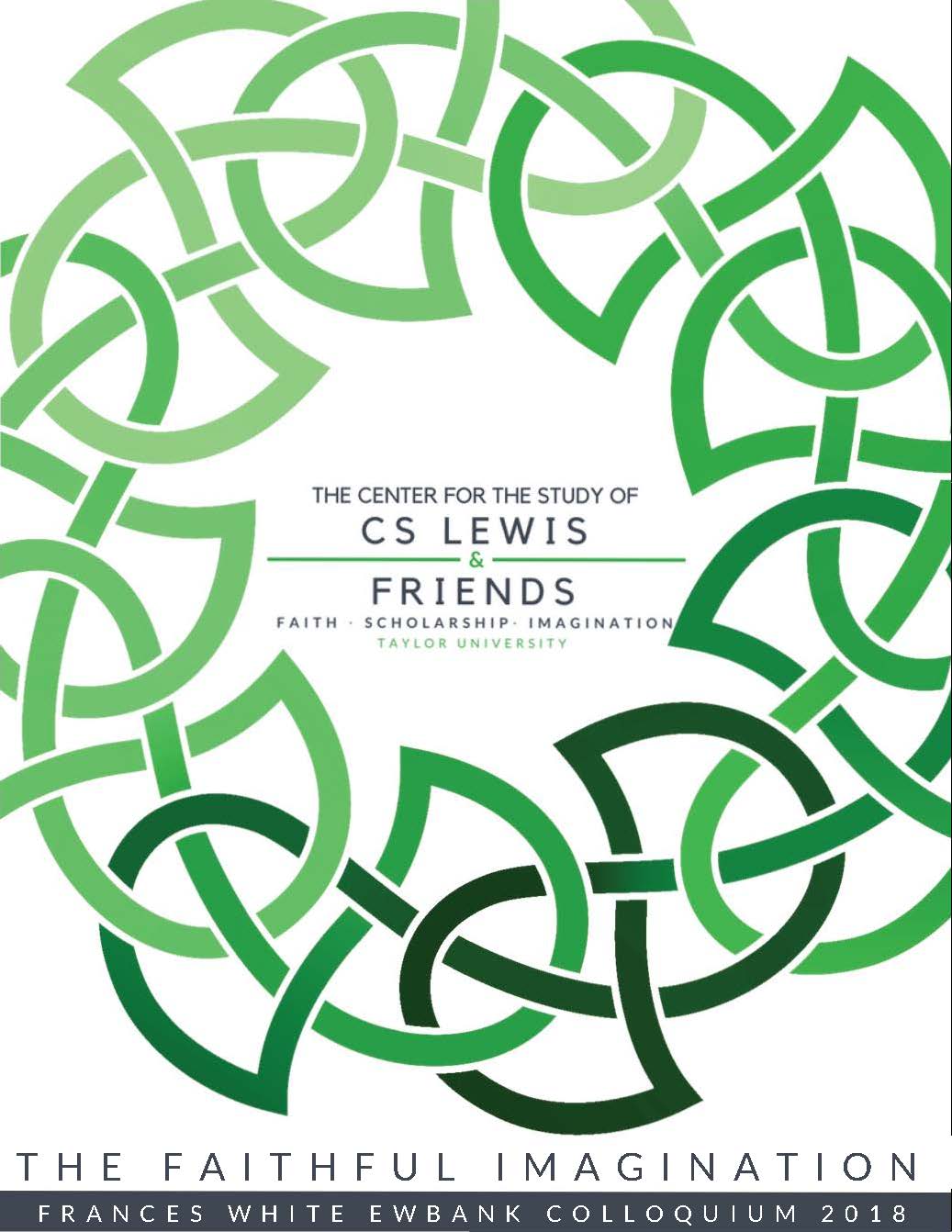Event Title
C.S. Lewis on Love and Personhood: A Philosophical Exploration
Location
Euler 062/063
Start Date
1-6-2018 4:15 PM
Description
The uniqueness of persons is a central but relatively neglected theme in C. S. Lewis. On his view, each person is essentially qualitatively unique in virtue of being endowed with an essential capacity to image (know, enjoy, glorify, etc.) God in a way that no other person can. I call this the Resonator Theory (RT) as it suggests that each person is like a tuning fork that is tuned to a specific and unique frequency of divine love. Indeed, what emerges on Lewis’s view is the idea that every person is a literally irreplaceable (potential) worshiper. In this paper, I introduce RT and illustrate how it appears across the Lewisian corpus. I argue that RT offers an attractive, albeit programmatic, alternative to other theories of individuation in contemporary philosophy. I then present a challenge for RT: If God is omnipotent, how could it be impossible for God to make another person who is essentially exactly like me? Towards meeting this challenge, I conclude the paper defending RT by appealing to normative aspects of divine love. Here I develop an insight from the novelist Tom Robbins, who writes: “The highest function of love is that it makes the loved one a unique and irreplaceable being.”
Event Type
Paper
C.S. Lewis on Love and Personhood: A Philosophical Exploration
Euler 062/063
The uniqueness of persons is a central but relatively neglected theme in C. S. Lewis. On his view, each person is essentially qualitatively unique in virtue of being endowed with an essential capacity to image (know, enjoy, glorify, etc.) God in a way that no other person can. I call this the Resonator Theory (RT) as it suggests that each person is like a tuning fork that is tuned to a specific and unique frequency of divine love. Indeed, what emerges on Lewis’s view is the idea that every person is a literally irreplaceable (potential) worshiper. In this paper, I introduce RT and illustrate how it appears across the Lewisian corpus. I argue that RT offers an attractive, albeit programmatic, alternative to other theories of individuation in contemporary philosophy. I then present a challenge for RT: If God is omnipotent, how could it be impossible for God to make another person who is essentially exactly like me? Towards meeting this challenge, I conclude the paper defending RT by appealing to normative aspects of divine love. Here I develop an insight from the novelist Tom Robbins, who writes: “The highest function of love is that it makes the loved one a unique and irreplaceable being.”


